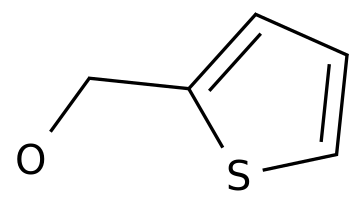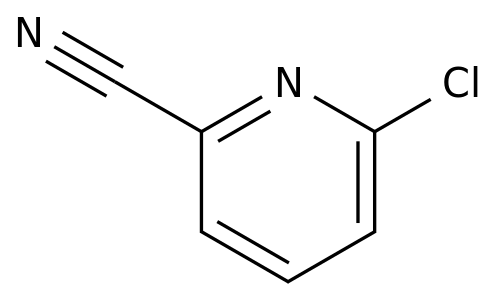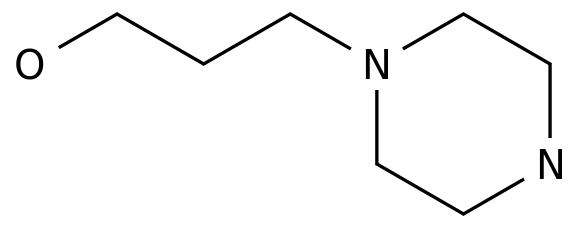-
Categories
-
Pharmaceutical Intermediates
-
Active Pharmaceutical Ingredients
-
Food Additives
- Industrial Coatings
- Agrochemicals
- Dyes and Pigments
- Surfactant
- Flavors and Fragrances
- Chemical Reagents
- Catalyst and Auxiliary
- Natural Products
- Inorganic Chemistry
-
Organic Chemistry
-
Biochemical Engineering
- Analytical Chemistry
- Cosmetic Ingredient
-
Pharmaceutical Intermediates
Promotion
ECHEMI Mall
Wholesale
Weekly Price
Exhibition
News
-
Trade Service
Introduction: The University of Hong Kong has confirmed for the first time that COVID-19 patients can be infected again after rehabilitation.
the persistent problem of immunity in patients recovering from neo-coronary pneumonia (COVID-19) has been a topic of close concern.
the recovering person become infected again? How long can human immunity provide protection? The resolution of these problems is essential for epidemic prevention and control.
Yesterday, researchers at the University of Hong Kong confirmed for the first time that COVID-19 patients can be re-infected after recovering by revealing significant differences in the fact that a patient has been infected twice with the virus and twice in less than five months.
report was accepted by Clinical Business Diseases on August 24.
reported that the 33-year-old male patient first contracted the new coronavirus in March this year and developed typical symptoms such as fever and cough.
26 March, the patient was confirmed to have been infected with the virus through nucleic acid testing and was discharged from hospital on 14 April on the basis of two negative nucleic acid tests.
, however, the patient was diagnosed again in early August after travelling from the UK to Spain and returning to Hong Kong.
researchers then genetically sequenced the virus strains that the patient was twice infected with, and found that the virus genomes of the two infections belonged to different genealogies, with a total of 24 nucleotides, and found differences in amino acids on nine proteins, including hedgehogs and nucleoproteins.
, the patient returned to Hong Kong for a second confirmed infection and was admitted to hospital, the body has not detected antibodies.
this information indicates that the patient is not "fuyang" and has recovered from the virus infection again.
is also the world's first patient to recover from a second infection.
also noted that there had been evidence that antibody levels in patients with COVID-19 declined months after infection.
The second case of infection, said Du Qixuan, clinical associate professor in the Department of Microbiology at the University of Hong Kong, suggests that even after recovery, the new coronavirus may not be "immune for life", and that the new coronavirus may exist in the population for a long time, like influenza viruses, etc.
fact, in April, researchers at Harvard University published a study in Science that predicted the spread of the new coronavirus over the next five years based on a combination of viruses, the environment and immune factors.
the study suggests that if the body's immunity to the new coronavirus lasts two years and the vaccine is effective, the outbreak could return in 2024.
findings of the first case of second-degree infection appear to suggest that people may be in the shadow of COVID-19 for a long time.
, However, Maria Van Kerkhove, a virus expert at the World Health Organization, believes that it is not possible to conclude from just one case that the case needs to be viewed from a group perspective.
don't need to be afraid.
, on the one hand, there was only one case, and on the other hand, the clinical symptoms of the second infection in this case were mild, suggesting that its previous immune response had played a role.
: First Documented Coronations Reinfection Report in Hong Kong 2 Can a recovered person re-infect with the new coronavirus, and can immunity provide protection? Projecting the transmission dynamics of SARS-CoV-2 through the postpandemic period.







